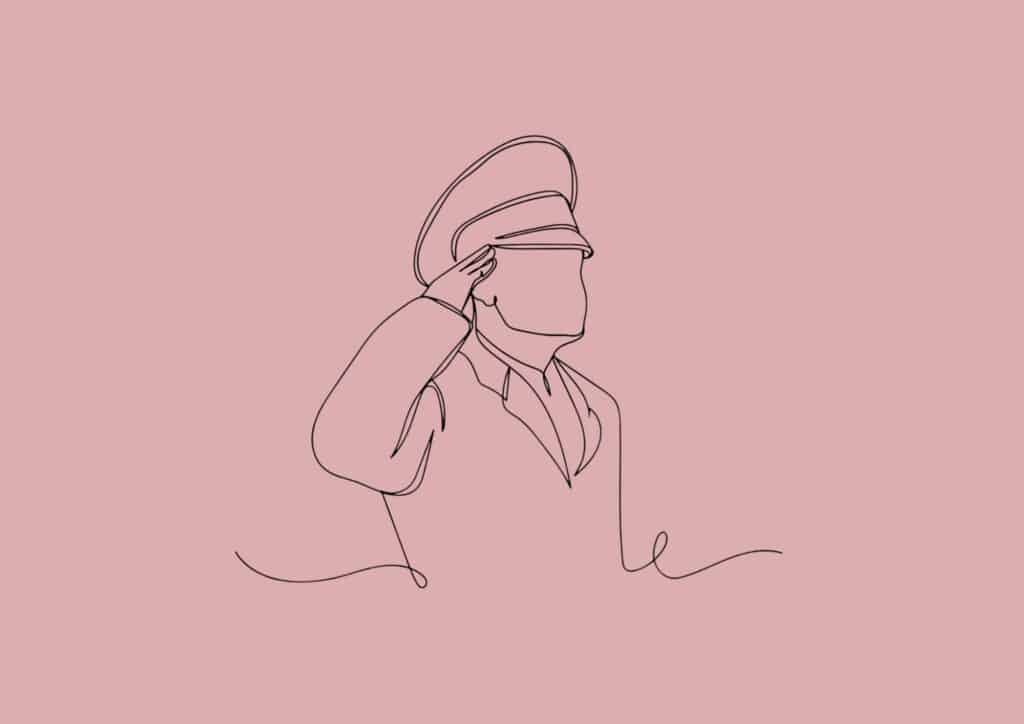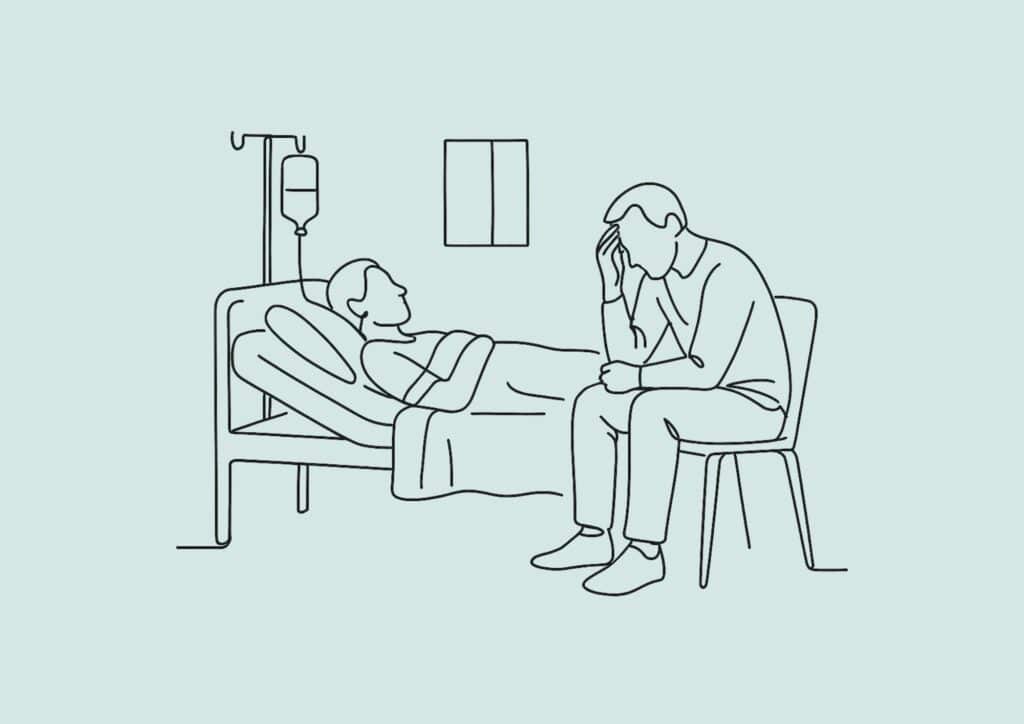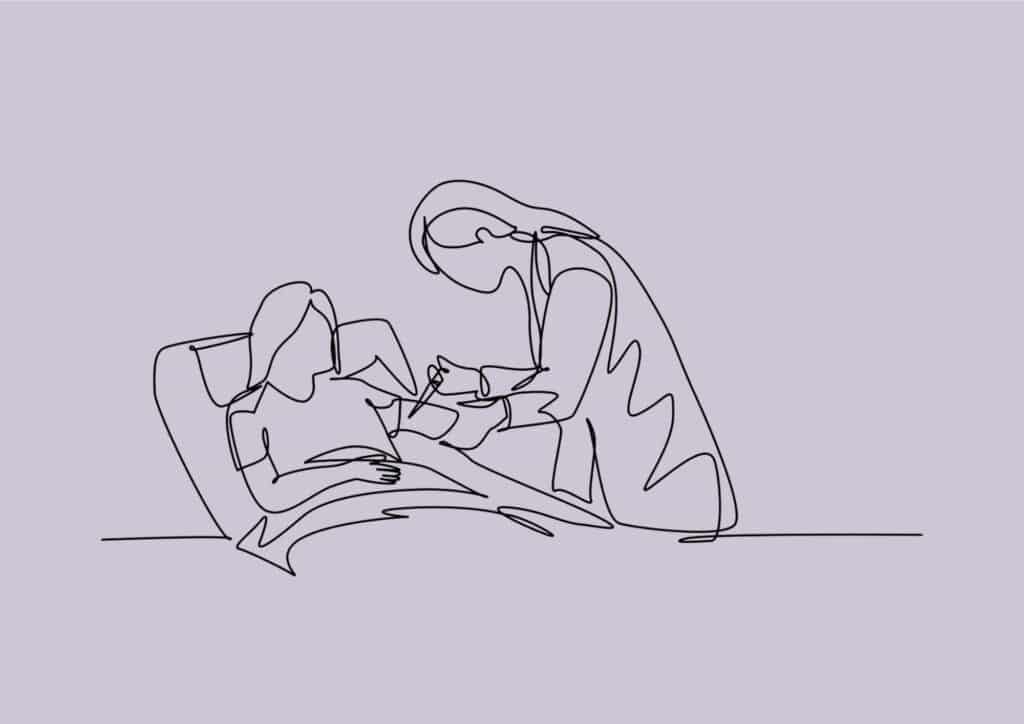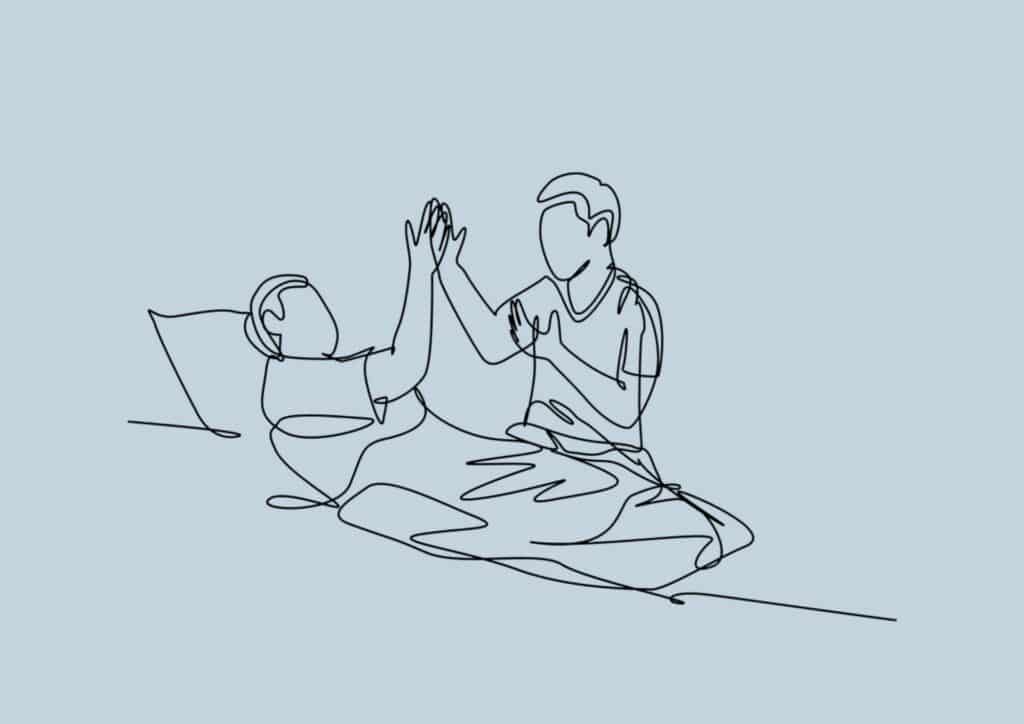Have you ever wished your final chapter could reflect the pride and dedication you carried throughout your service? For many veterans, hospice care is about more than medicine—it’s about respect, legacy, and feeling truly understood.
When a 78-year-old Marine veteran sits with his daughter, sharing stories from Vietnam, something powerful happens. His eyes light up talking about his fellow Marines, the bonds that never break, and the sense of purpose that shaped his life. Now facing serious illness, both he and his family want his care to honor what his service meant—not just to his country, but to who he became as a person.
What makes veteran hospice care different?
Military service creates something unique in people. You know what it means to serve something bigger than yourself. You understand duty, honor, and looking out for your brothers and sisters in arms. These values don’t disappear when you face serious illness—they become even more important.
Veterans often carry experiences that civilian healthcare providers simply don’t understand. Maybe you saw combat, dealt with military sexual trauma, or developed health challenges related to service. Perhaps you value straight talk over sugar-coating, or you need to maintain some sense of control and dignity even when you’re vulnerable.
According to the Department of Veterans Affairs, recognizing these unique aspects isn’t just nice—it’s essential for providing meaningful end-of-life care. Your service matters, and your hospice care should reflect that.
Beyond medical care: honoring your service story
Quality veteran hospice care goes deeper than managing symptoms. It’s about seeing you as the whole person you are—someone who answered the call to serve, who probably has stories that would amaze people, and who deserves to have that service recognized and honored.
This might mean having your service branch flag displayed with pride, or coordinating military funeral honors so your family knows how to access them. Sometimes it’s as simple as having hospice staff who understand what it means when you mention your unit, your MOS, or what deployment taught you about life.
For many veterans, connecting with hospice volunteers or staff who also served creates something special. There’s an understanding that comes from shared experience—whether that’s knowing what 0500 reveille felt like, understanding why military friendships run so deep, or simply recognizing the look in someone’s eyes when they talk about service.
One veteran family recently shared how meaningful it was when their hospice nurse, also a veteran, understood why displaying dad’s Purple Heart mattered so much during his final weeks. “She just got it,” the daughter said. “She knew it wasn’t about showing off—it was about honoring what he went through for all of us.”
Navigating VA benefits and coordination
Here’s something many veterans don’t realize: you might be eligible for hospice benefits through both the VA and Medicare. The Veterans Health Administration works with community hospice providers to make sure you get the comprehensive care you’ve earned.
This can feel complicated, but it doesn’t have to be. Some regions offer VA-provided hospice care, while others coordinate with community organizations to ensure you receive specialized services. Your service-connected disability benefits continue during hospice care, providing financial support when your family needs it most.
The key is finding hospice providers who understand how to work with the VA system and can help coordinate your benefits seamlessly. You shouldn’t have to fight bureaucracy when you’re facing end-of-life care.
When service leaves invisible wounds
Many veterans carry more than physical scars from their service. PTSD, depression, anxiety from combat experiences, or military sexual trauma don’t disappear during hospice care. In fact, facing mortality can sometimes make these challenges feel more intense.
Do sudden noises make you jumpy? Do you feel uncomfortable in crowded spaces or when you can’t see the exit? These responses make perfect sense, and hospice teams experienced with veterans understand how trauma can affect your comfort during care.
According to research from the National Center for PTSD, the best approach respects your preferences about discussing service while remaining available for support. Some veterans find peace in sharing their experiences with understanding listeners. Others prefer focusing on family and present relationships. Both approaches are perfectly valid.
The goal is creating an environment where you feel safe, respected, and in control as much as possible.
Supporting military families through the journey
Military families often have their own unique culture. You’ve probably moved frequently, learned to be self-reliant, and developed tight family bonds through shared challenges. You might be used to handling difficult situations independently, which can make accepting help feel uncomfortable at first.
Children and grandchildren of veterans sometimes carry complicated feelings about their loved one’s service—immense pride mixed with worry about what you experienced during deployment or combat. Hospice teams who understand military families can help navigate these emotions while honoring your service and supporting family healing.
As one military spouse put it, “We spent 30 years being strong for everyone else. Learning to let the hospice team be strong for us was harder than I expected, but it made such a difference.”
Creating experiences that honor your legacy
What would feel meaningful to you during hospice care? Some veterans want formal recognition ceremonies or the chance to share their military stories. Others prefer quiet acknowledgment of their service without fanfare. There’s no right or wrong approach—it’s about what feels authentic to you.
Many veterans find comfort in having military memorabilia nearby, sharing stories about fellow service members, or connecting with other veterans who understand the military experience. Some families create memory projects that capture not just military service but the full scope of a veteran’s life—their career, family achievements, and the values they passed down.
Your stories matter. Whether you served in World War II, Korea, Vietnam, the Gulf War, Iraq, Afghanistan, or other conflicts, your experiences shaped who you became and deserve to be remembered.
Local care that understands service
Serving veterans and military families locally, ViaQuest Hospice partners with VA centers and veteran groups to provide seamless, honoring care that deeply respects military life. Our team includes veterans who understand military culture and can provide peer support during end-of-life care.
We work to ensure comprehensive care coordination and access to all available benefits. Whether you need assistance with military honors, connection to veteran volunteers, or specialized support for health challenges related to service, we’re committed to providing care that reflects the respect you’ve earned.
Moving forward with dignity
If you’re a veteran facing serious illness, or if you’re caring for a veteran family member, know that specialized hospice care can provide support that truly understands and honors military service. You don’t have to explain what your service meant—we already understand its value.
For veterans and military families seeking hospice care that honors service and understands military culture, call ViaQuest Hospice at 855.289.1722. Our compassionate team includes veterans who can provide peer support and ensure your service receives the recognition it deserves.
You can also download our Complete Guide to Hospice Care for comprehensive information about services and support available to veterans and their families.
Every veteran deserves end-of-life care that honors their service while providing comfort and dignity. You served with honor—your final chapter should reflect that same respect and care.






